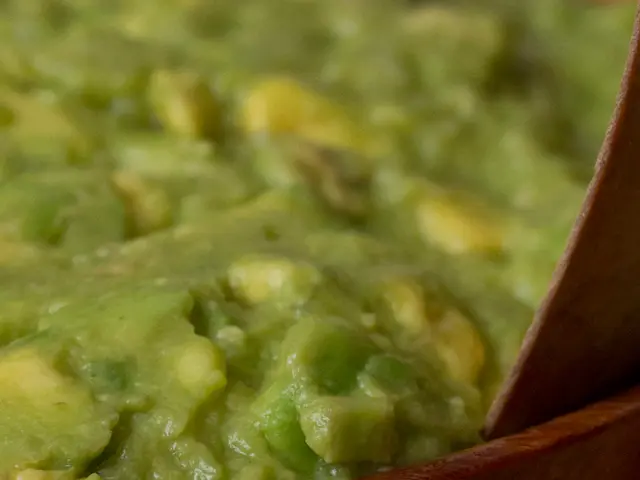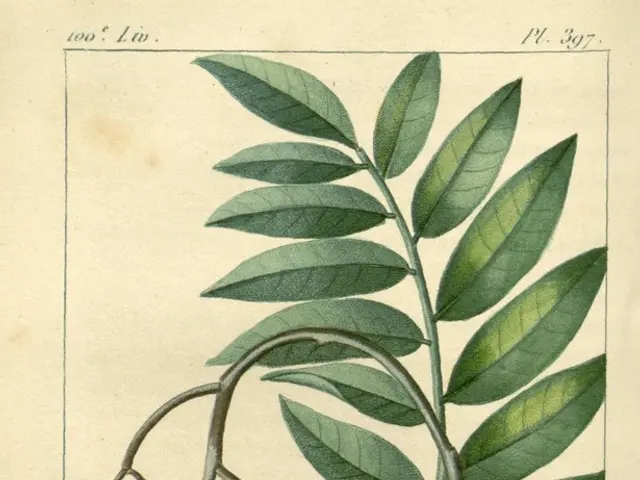European Union to significantly reduce food and fast fashion waste
The European Union (EU) has unveiled ambitious plans to reduce food waste and textile waste, addressing concerns from environmental organizations and industries alike.
A significant concern for groups such as the World Wildlife Fund is the exclusion of farmers from the new food waste restrictions. This omission could potentially undermine the overall effectiveness of the new measures, as agricultural practices contribute significantly to food waste.
The new commitment, to be enshrined in an EU directive last updated in 2018, aims to cut food waste generated by food processing and manufacturing by 10% compared to the 2021-2023 levels. In addition, binding reduction targets have been set for food waste generated by households, retailers, and restaurants, with the goal to be met by 2030. Countries will be given the flexibility to choose the best way to meet these targets.
The EU food system is responsible for generating about 16% of the total greenhouse gas (GHG) emissions. With this in mind, the new measures are crucial in the fight against climate change. If trashed food were a member state, it would be the fifth largest GHG emitter in the EU.
The restaurant and hospitality sectors, represented by Hotrec, have expressed their opposition to binding food waste targets. Instead, they prefer to focus on public education and raising consumer awareness to combat food waste.
In a separate development, the EU has also announced plans to address textile waste. The EU generates 12.6 million tons of fabric waste annually, with around 4-9% of all textile products placed on the European market being destroyed without use. This equates to 5.6 million tons of CO2-equivalent GHG emissions.
To address this issue, the EU's Strategy for Sustainable and Circular Textiles aims to create a sustainable ecosystem for textiles by the end of this decade. This includes ensuring clothes are more durable, repairable, and recyclable. Notably, the EU currently recycles less than 1% of its textiles.
The EU's extended producer responsibility (EPR) scheme will require textiles and footwear makers supplying an EU country to cover the costs of their collection, sorting, and recycling. This EPR scheme will cover textiles, textile-related, and footwear products across all EU countries.
Interestingly, a single cotton T-shirt requires 2,700 liters of fresh water. This underscores the importance of promoting sustainable textile production and consumption.
Individuals in the EU waste on average around 130 kilos (286 pounds) of food per year and contribute roughly 15 kilos of textile trash. Amendments to the waste directive suggest promoting consumption of 'ugly' but edible fruits and vegetables and donating unsold but not out-of-date food as potential solutions to these issues.
These new measures mark a significant step towards a more sustainable and circular EU, addressing concerns from environmental organizations and industries alike. The EU's commitment to reducing food and textile waste is a testament to its dedication to combating climate change and promoting sustainable practices.
Read also:
- Dinesh Master's Expedition: Acquiring Mango Orchard through Our Online Platform
- Solar panels decreasing expenses and aiding ecological preservation
- Expanded Plant-Based Protein Industry Forecasted to Reach a Value of $30.8 Billion by 2034, Growing at a Compound Annual Growth Rate (CAGR) of 7.1%
- Job Opportunity: Position for Senior Research Fellow at NIPHM







